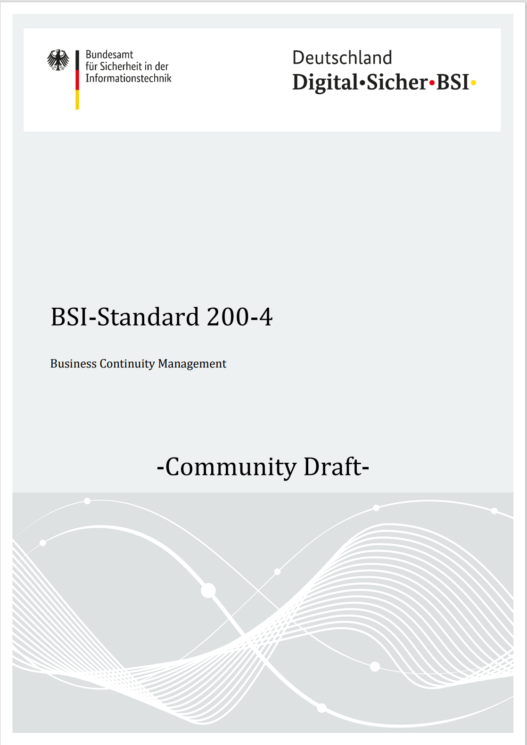BS 12999:2015 Damage management
BS 12999:2015
Damage management: Code of practice for the organization and management of the stabilization, mitigation and restoration of properties, contents, facilities and assets following incident damage
“When an accident or crime causes damage to property or other assets, it can leave a complex mess to clear up. So BSI has developed a new standard that can help you respond effectively in the event of such damaging incidents.
BS 12999 outlines how to reinstate property and assets and ensure their future integrity, which in turn helps restore equilibrium to people affected. The standard applies to a wide range of incident types, including fires, floods, contamination and explosions. It does not advocate specific technologies or methodologies, but rather identifies generic processes applicable to all these incidents.
To help guide your response, the new standard includes:
- Best practices to stabilise, mitigate, remediate and restore damage
- A simple method to establish whether these activities have been conducted well
- A guide to communication between parties who should be aware of an incident’s status
Compiled in line with good risk management practice and insurance principles, BS 12999 is intended to provide recommendations to individual damage management practitioners or organizations. It is also relevant to anyone who might be affected by damaging incidents – including property owners, emergency responders, insurers, facilities management, and those in government departments and local authorities. ”
Bezug: BSI Shop


